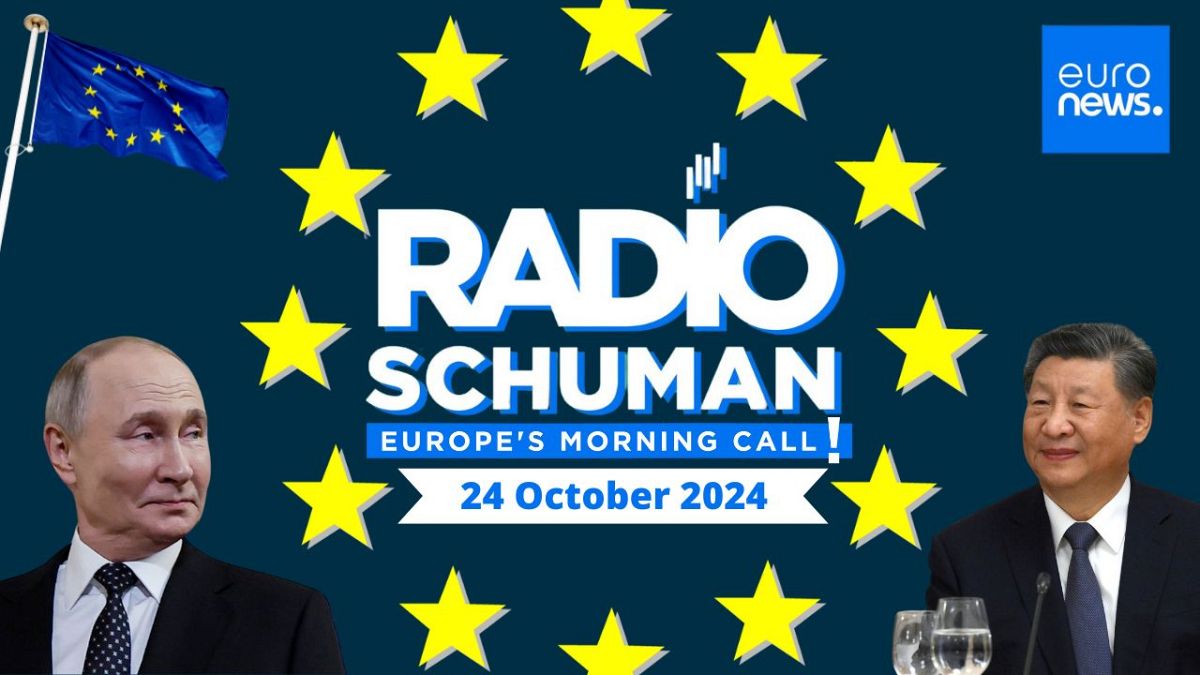The BRICS group, which consists of Brazil, Russia, India, China, and South Africa, has become increasingly significant following the Ukraine war. With a growing membership representing 45% of the global population and 28% of the world’s GDP, the European Union (EU) may have concerns about this expanding club of Russian allies. Established in 2009 with the goal of reducing reliance on the US dollar, the BRICS group has evolved into a geopolitical counterbalance to the G7. The recent summit showcases Russia’s influence in shaping a new global order, despite its invasion of Ukraine in 2022. Notably, three of the founding BRICS members have abstained from condemning Russia’s actions in a UN resolution.
The current BRICS summit reveals more than just a display of unity among member nations; it underscores Russia’s dominance in shaping global affairs. Despite the controversy surrounding Russia’s invasion of Ukraine, some BRICS members have chosen not to condemn the action. This stance has raised concerns within the EU, given Russia’s growing influence within the group. The EU, which has historically been aligned with the US and other Western nations, may find itself at odds with the BRICS alliance as it seeks to assert itself on the world stage.
The EU’s apprehension towards the BRICS group is further compounded by the potential expansion of membership beyond the initial five countries. With Egypt, Ethiopia, Iran, Saudi Arabia, and the UAE expressing interest in joining, and NATO member Turkey looking to become a member, the BRICS group could further challenge the existing global power dynamics. As the group continues to evolve and grow, the EU may find its influence diminished on the world stage, especially as it contends with internal challenges such as implementing the EU minimum wage directive and positioning itself in a rapidly changing geopolitical landscape.
At the recent BRICS summit, the focus was not only on economic cooperation but also on geopolitical dynamics. Russia’s role within the group, despite its controversial actions in Ukraine, highlights the shifting alliances and power dynamics in the international arena. The EU, which has traditionally been aligned with the US and other Western nations, may find itself facing a new world order shaped by the BRICS alliance. As the EU navigates these changes, it will need to consider its position in relation to the evolving global landscape and the potential challenges posed by the BRICS group and its expanding membership.
In addition to the geopolitical implications of the BRICS group, the EU is also facing internal challenges, such as the implementation of the EU minimum wage directive. With the deadline for implementation approaching, some EU countries have yet to start the process. This internal issue, combined with external pressures from the BRICS alliance, further underscores the complex dynamics facing the EU. As the EU seeks to maintain its influence and relevance in the global arena, it will need to address both internal and external challenges, including navigating the evolving landscape shaped by the BRICS group and its expanding membership.
Overall, the BRICS group and its growing influence present both opportunities and challenges for the EU. As the alliance continues to expand and assert itself on the world stage, the EU will need to carefully navigate its position and relationships with these emerging powers. With Russia’s role within the group raising concerns, the EU must assess its own interests and priorities in the face of a changing global order. By addressing both internal and external challenges, the EU can position itself effectively in a rapidly evolving geopolitical landscape and ensure its continued relevance and influence in the international arena.











